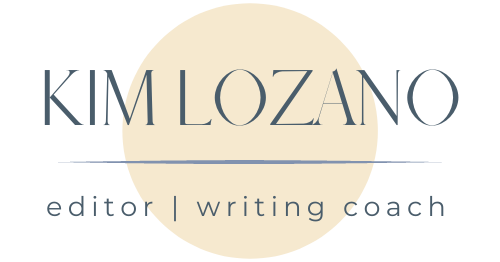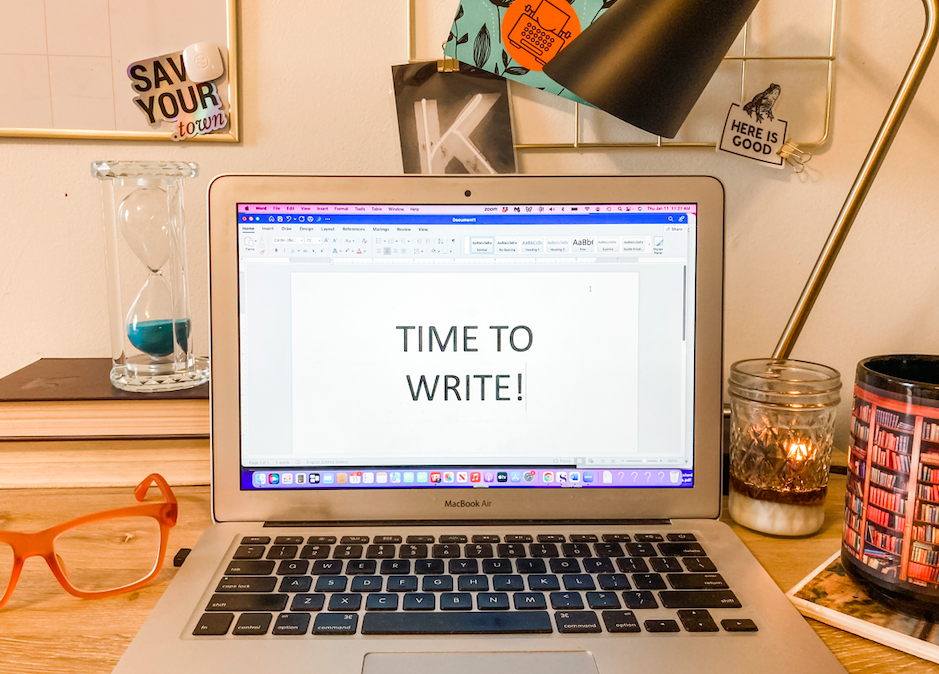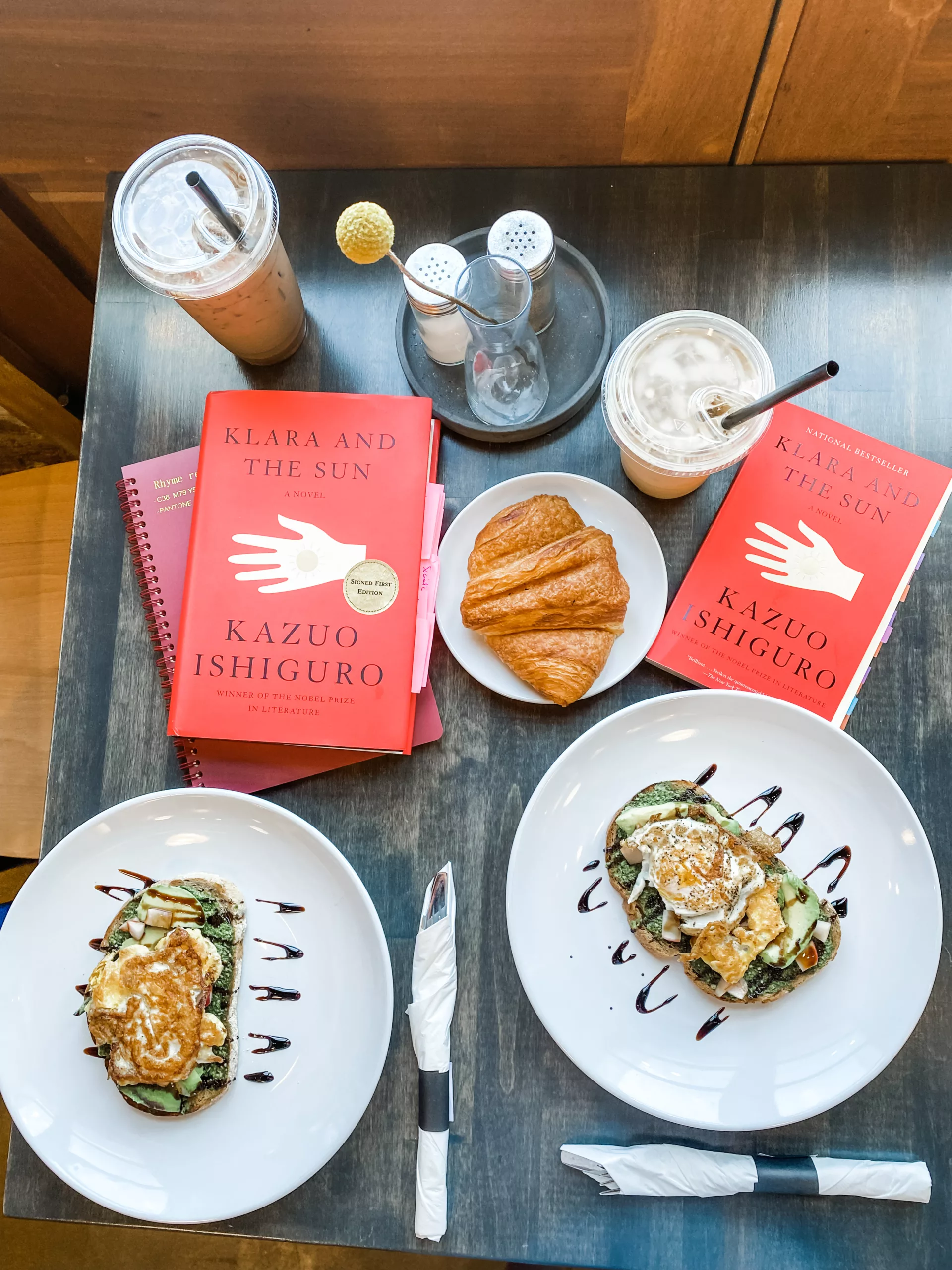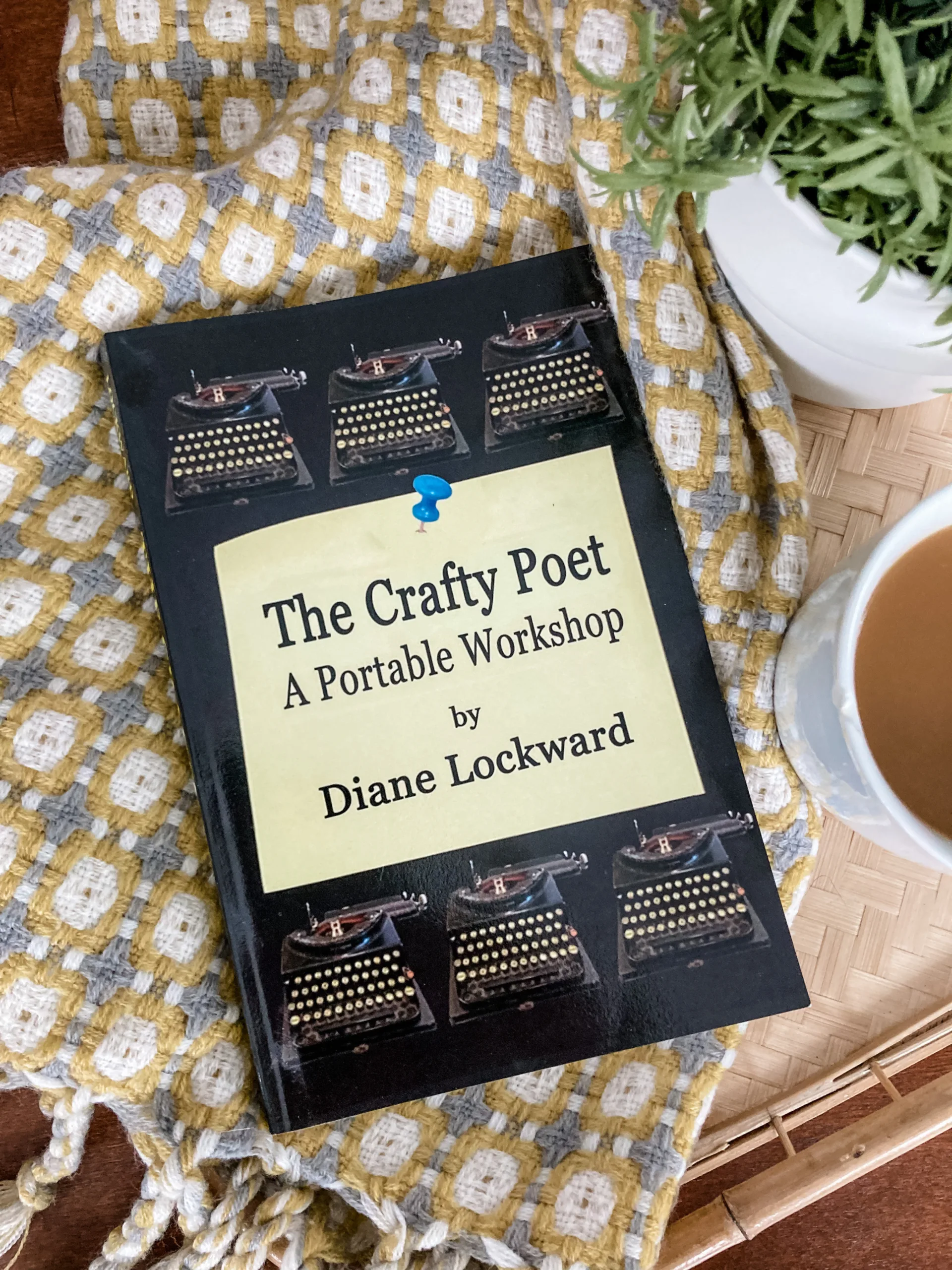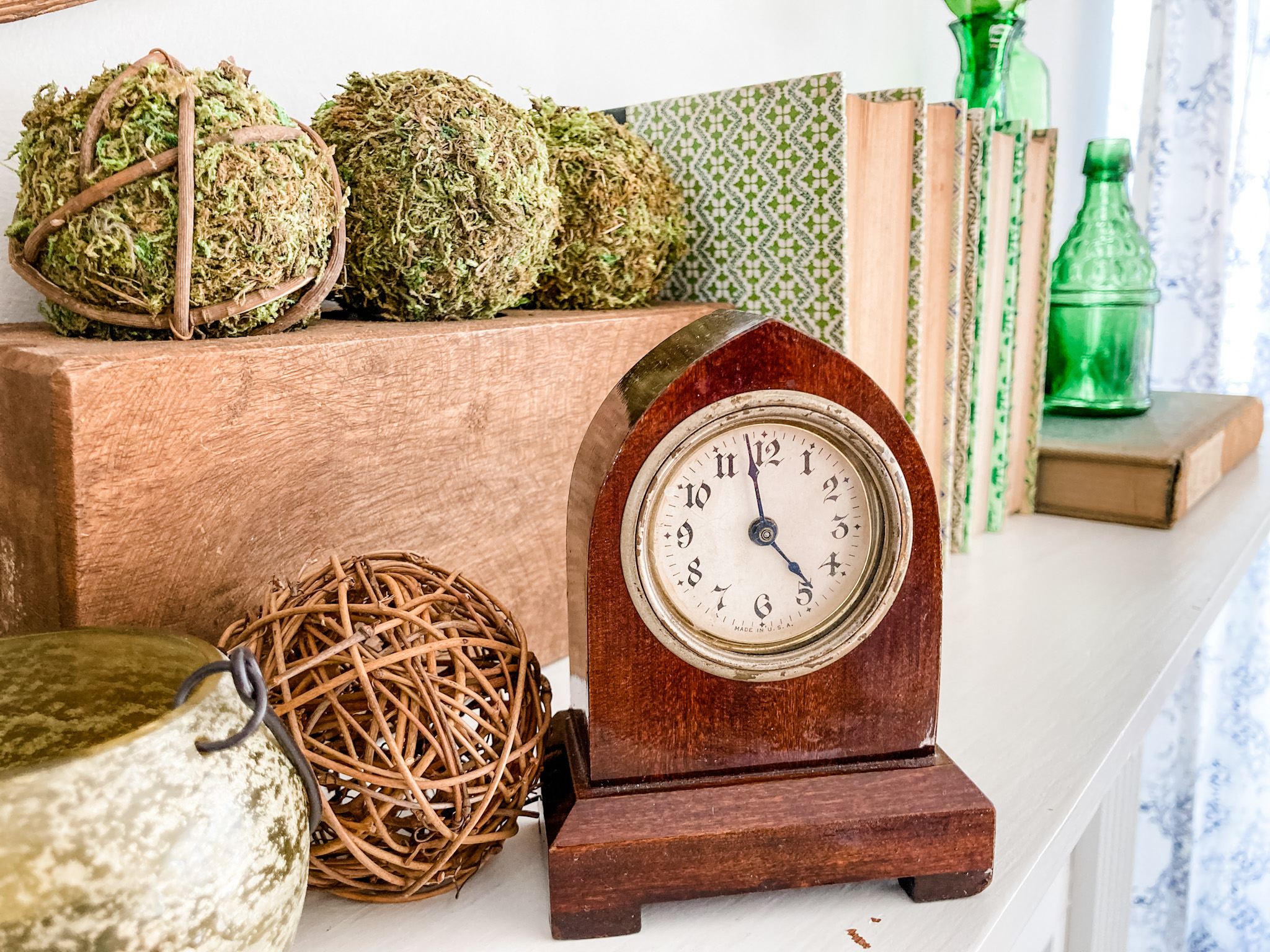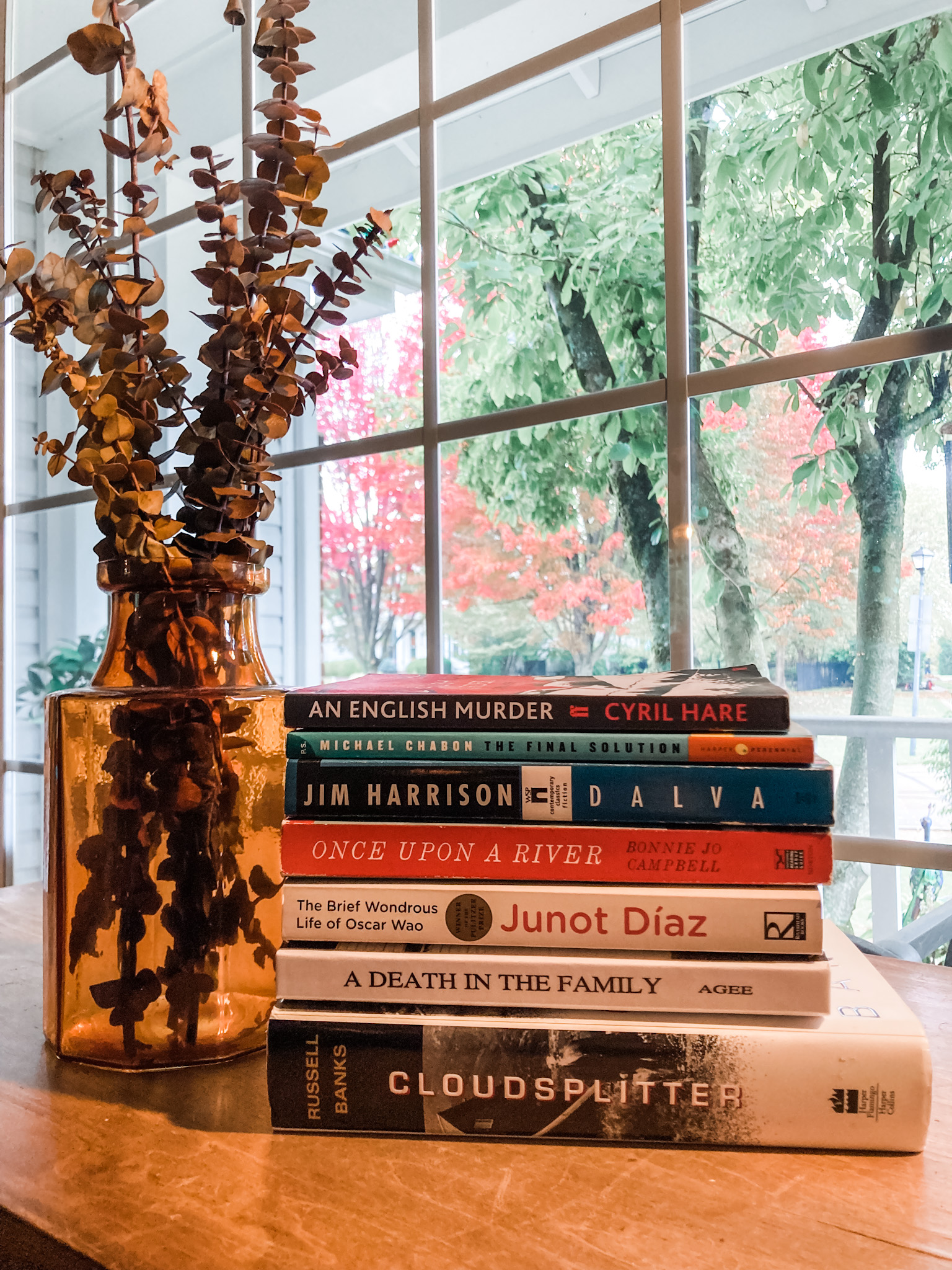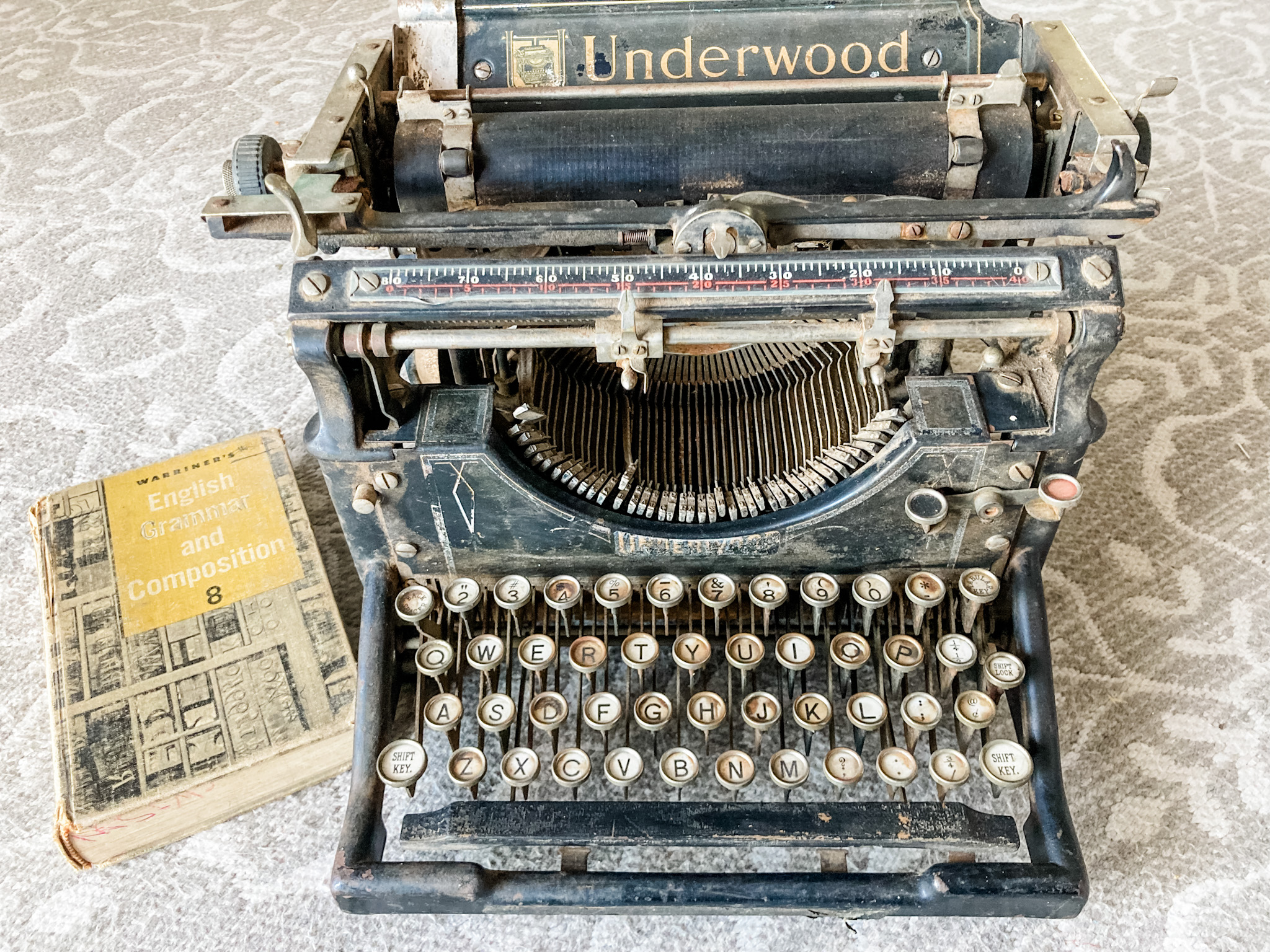Thoughts on Nick Hornby’s Dickens and Prince
The other night I was telling my husband that the vault of Prince’s music contains an estimated five thousand to eight thousand *unreleased* songs. That’s a ten-song album every six months for the next three or four hundred years, I told him. “What, did you go down a Prince rabbit hole or something?” he asked. Something like that. What happened was, I read Nick Hornby’s Dickens and Prince: A Particular Kind of Genius.
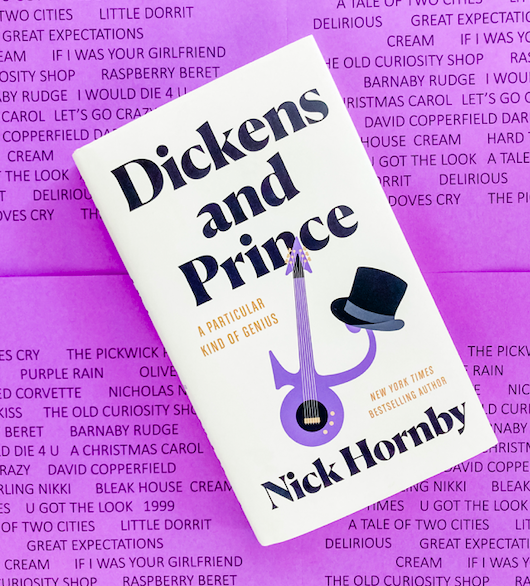
I haven’t read nearly enough Dickens or listened to nearly enough Prince to have prompted me to pick up this book. But Ten Years in the Tub: A Decade Soaking in Great Books got me interested in its author, Nick Hornby. So I snagged his latest book when I spotted it at a little indie store.
When I say I haven’t listened to nearly enough Prince, I’m saying that you haven’t either. Even if you’re a fellow Gen X-er and had your first kiss to “When Doves Cry” and partied to “Little Red Corvette” and were the first into Camelot Music the day Sign O’ the Times dropped. You’ve heard a tiny fraction of the songs he wrote and recorded.
This book got me thinking about my own creative output. I’ve published quite a few poems, some short fiction and creative nonfiction, and lots of writing craft articles. I help other people finish their book manuscripts, but I’ve yet to finish one of my own. After teaching, editing, working on my business, etc., my creative writing time usually falls to the bottom of my priority list. I plan to change this. Because I *do* want to someday publish the novel I’m working on.
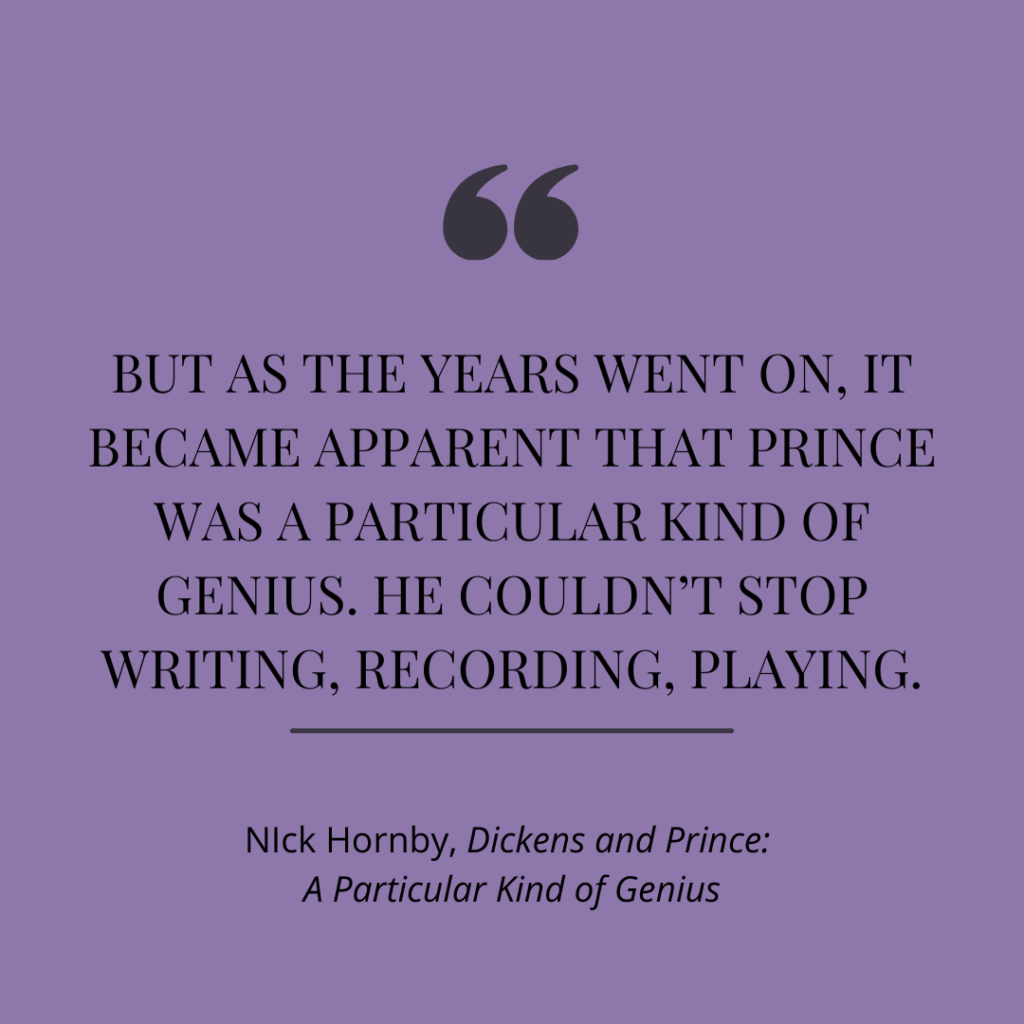
But I sometimes get annoyed with the psychology of *producing*. The tactics that get fueled by the idea that our lives are short and we’d better get to making all the things we’re going to make. And thus writing all the books we’re going to write. I contribute to this messaging as a writing coach (I also believe in it), but I buy into it with caveats.
One of my favorite things to do when I was a kid was to lie on our shag carpeting on a hot summer afternoon and run my fingers through the rug fibers. Sometimes I’d scoot to where I could see under the coffee table and examine the angle where the glass top fit into the wood frame. There was a fingerprint or two to inspect and the bent corners of magazines to fiddle with. This is the kind of doing-nothing activity that could occupy me for an hour. Here’s what Dickens was doing as a kid:
“Dickens claims that he went to the theater nearly every night for three years. He was particularly obsessed with a performer/comedian called Charles Mathews, and Dickens saw his shows “as often as he could, learning his performances by heart, words, songs, movements and gestures,” Claire Tomalin wrote. What kind of a teenager does that?”
My adult version of doing-nothing is sitting on the deck with a book, but not reading, just thinking. Looking with regard out onto our yard and pondering the world beyond. Life is short, yes, so sometimes just sitting and appreciating the place feels like enough. This is not the way of Dickens and Prince.
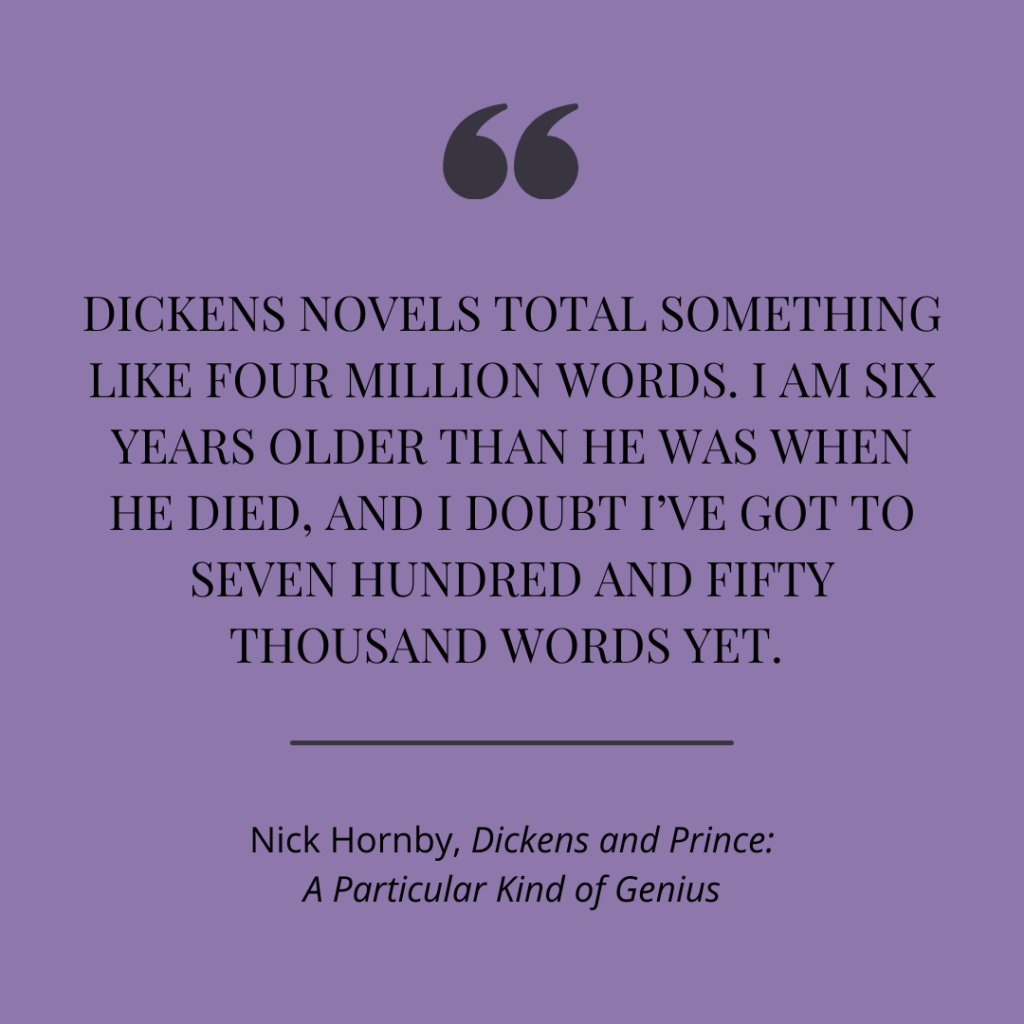
I can also get annoyed with online scolds who preach that working hard to produce makes us complicit in promoting a toxic achievement culture. I think that the desire to compose, create, and complete things is innate in many/most of us. It’s absolutely true that life is short and if making things is something we value, we’d better get to it.
A writer like Dickens and a musician like Prince are once-in-a-hundred-years phenomena. At the extreme end, they show us what humans are capable of. Not you or me, probably, but theoretically, people can do this. Dickens and Prince have got me thinking about what I value, what I want to create, and whether or not I want to spend the time it takes to do it. I do want to spend the time. With a sufficient dose of doing nothing. Which, in my experience, is doing something.
